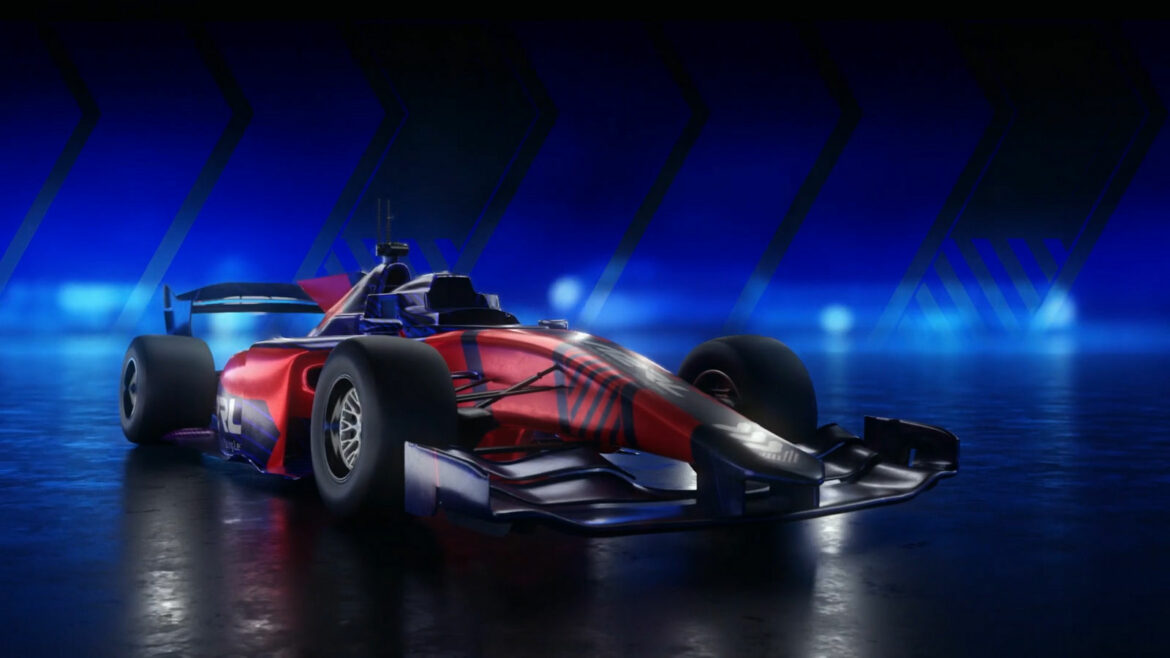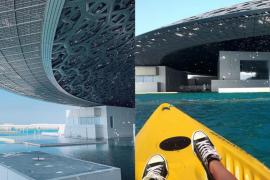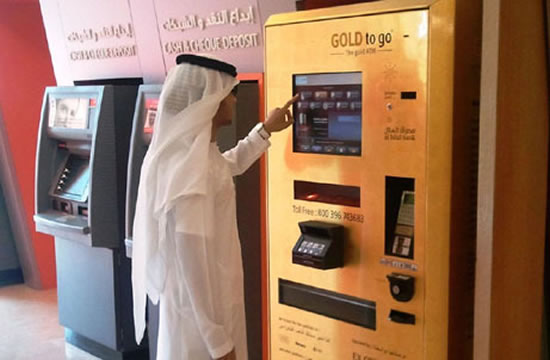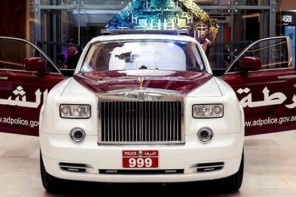Could the future of F1 racing involve driverless race cars instead of racing drivers like Lewis Hamilton and Max Verstappen behind the wheel? Sounds absurd, right? But you’ll be surprised that the first significant step towards fully autonomous racing has been taken. In an important move to autonomous driving technology, Abu Dhabi has officially launched what is being touted as the world’s biggest racing league for self-driving cars powered by artificial intelligence. Called the Abu Dhabi Autonomous Racing League (A2RL), the championship will feature self-driving racing cars that can reach speeds of up to 185mph. The inaugural race will be held on April 28, 2024, at the famous Yas Marina Circuit in Abu Dhabi, where 10 teams across the globe will compete against each other.
The teams that will participate in the league will be comprised of universities and research organizations from the UAE, China, Germany, Hungary, Italy, Singapore, Switzerland, and the US. They’ll be competing against each other for prizes amounting to $2.25 million. All the teams will be given the same race car, the Dallara Super Formula SF23, which will rely on the latest AI technology to navigate the circuit and compete against each other. The driverless race car created by Dallara – a celebrated Italian company known for building race cars for more than half a century – was revealed at the tech conference GITEX in Dubai recently.
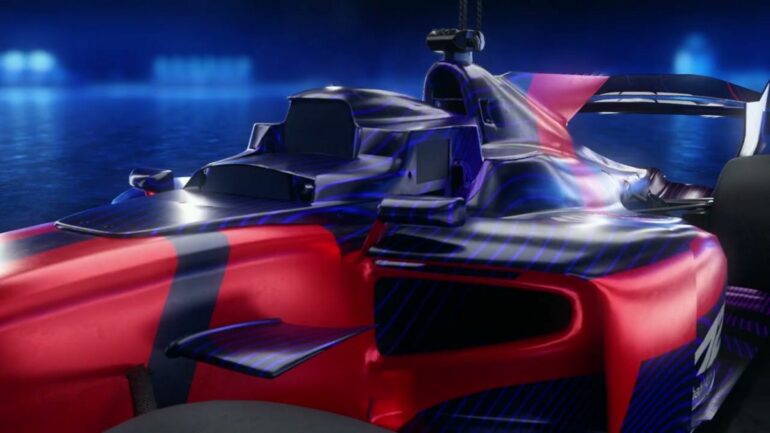
It’s not the first time we’ll get to witness autonomous racing. However, due to technological constraints, previous driverless racing events have only been able to feature a maximum of two cars at a time. This is what makes the upcoming A2RL truly exceptional as the new racing series will be the first to allow multiple driverless cars to compete simultaneously. According to the information revealed during the launch event, the autonomous race cars will weigh a maximum of 690kg (around 1520 lbs.). The cars will be equipped with multiple cameras offering a 360-degree view of the surroundings, along with GPS tracking to pinpoint the exact location of the race car on the track at all times. Additionally, the Dallara Super Formula SF23 will also get both radar and LiDAR for obstacle detection and avoidance, including competing race cars.
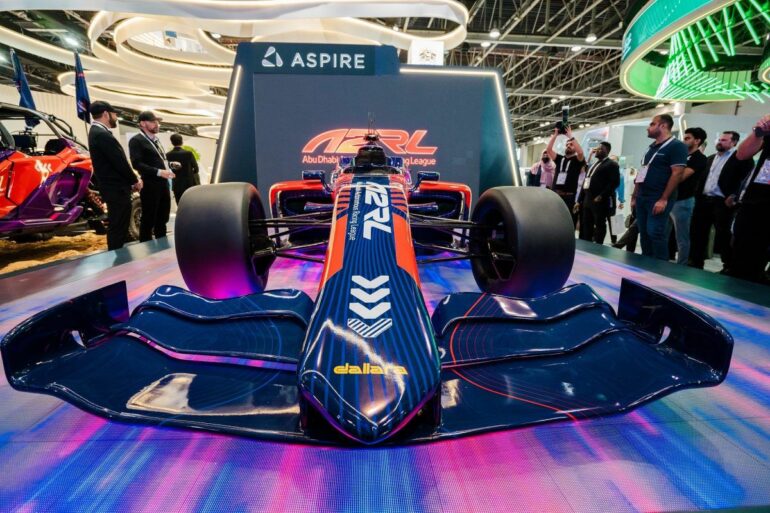
The autonomous race cars will be controlled by a computer located where the driver would normally sit. Since the computer will do everything autonomously, there’ll be no requirement for a team to control or look after the car during the race. Everything from fuel management to tire wear and powertrain operation will be taken care of by the onboard computer. There’s no information on the powertrain, but the Dallara SF23 race car features either a Toyota or a Honda inline-4 combustion engine. All the teams will do is create the finetune the algorithm controlling the onboard computer. According to the timeline released by the racing league, the teams will start testing their cars next month on the circuit.
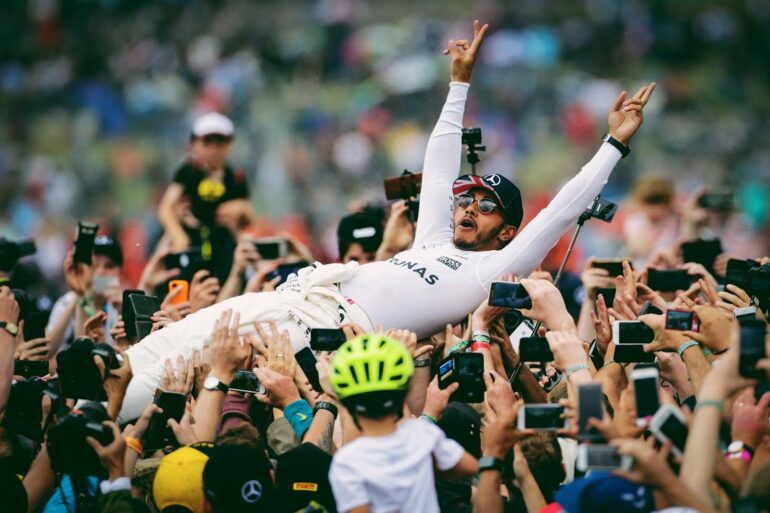
Will autonomous racing be the end of F1?
But the question remains, could this be the future of F1? Well, it is highly doubtful. It’s true that modern F1 cars have become extremely sophisticated, often earning the criticism of racing fans that the skills of the driver are no longer the most crucial aspect. However, it’s still the driver that makes racing interesting. Without the presence of big personalities like Lewis Hamilton, Fernando Alonso, and Max Verstappen, and the rivalries between them, racing can never manage to generate enough interest. While autonomous racing might bring more precision and accuracy which cannot be humanly replicated, the uncertainties and flaws of a human driver make racing fascinating. While it may never replace F1 or other similar racing series, autonomous racing will definitely help in the advancement of driverless technology and artificial intelligence, which sure is a win!
